We had the privilege of having our two toddler grandkids staying with us for two weeks recently. It was the best of times and most exhausting of times. While they often played like best friends, when things went wrong, it was “Marley pulled it, and “Auggie, did it.” Shifting blame when trouble came or just trying to get each other in trouble–sound familiar?
At the beginning of Chapter 9 we see that seeking wisdom in Scripture was Daniel’s starting point as it should be for us. What comes next reflects Daniel’s attitude toward and relationship with God. Daniel 9:3 says: So, I turned to the Lord God and pleaded with him in prayer and petition, in fasting, and in sackcloth and ashes.
We see Daniel in an attitude of humility putting on sackcloth and ashes (a sign of submission) and turning his face to God in repentance not only for his own sins, but those of the whole nation of Israel. “I prayed to the Lord my God and confessed: ‘Lord, the great and awesome God, who keeps his covenant of love with those who love him and keep his commandments, we have sinned and done wrong.’” The fasting, sackcloth, and ashes tell us of the seriousness of Daniel’s prayer and his attitude of submission and the “we” instead of “they” tells us the rest of the story.
Daniel began his prayer by telling God he was aware of His greatness. Likewise, Jesus taught the disciples to pray. “Our Father, which art in heaven, hallowed be thy name.” In both there is recognition of God and His power first. Daniel was a very humble man, who knew his wisdom came as a gift from God. He reached out to God with a humble spirit, knowing that all truth comes from God. In his awareness of God’s holiness, Daniel realizes his own sin and seeks forgiveness while also repenting for his people’s sin. Acknowledgment of God’s holiness results in the understanding of our unholiness.
It is easy to place the blame for things on someone or something else. We’ve all done it, but as mature believers, we have been called to not only confess our own sins, but to be an example and to share in the burdens and failures of others, just as Daniel did.” Oswald Chambers said, “When we are put to the test the hidden resources of our character are revealed exactly.”
So, the question is, are we toddlers or mature believers? (Hebrews 5:12) Do we approach the failings of others with humility, help them on their journey, and intercede for them with prayer? In these days of uncertainty do we have Daniel’s attitude of faithfulness and trust in God not just for ourselves but for everyone?
Deb Hill
Executive Assistant

